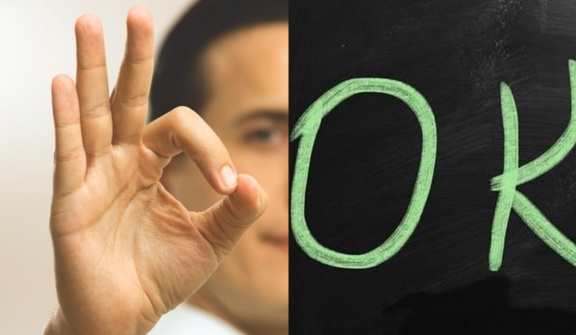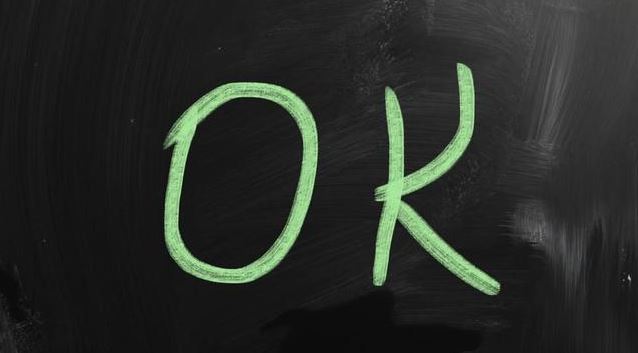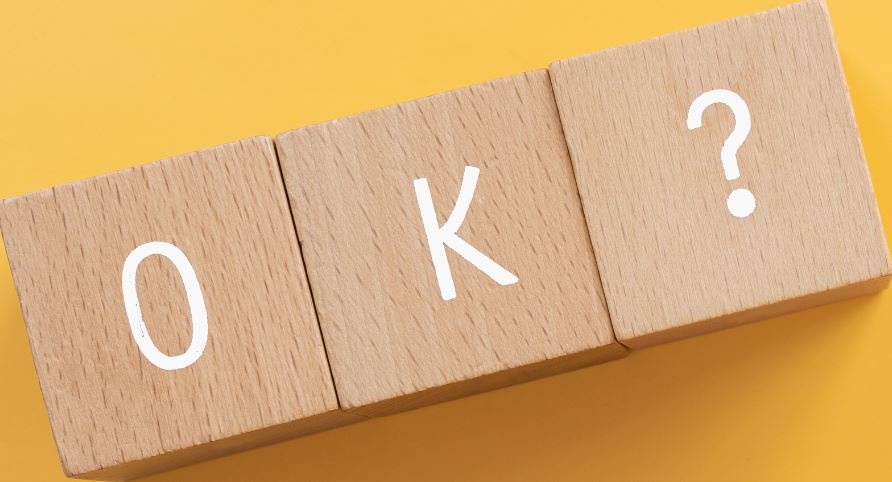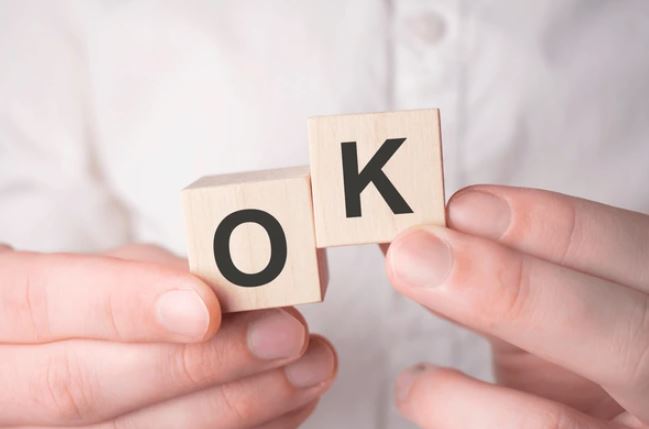
At that time, young Americans misspelled a word, but they did not expect that the word "OK" would become widely popular around the world.

English has a lot of abbreviations. Many people often use the word 'OK' to express assent, agreement, or acceptance in their daily speech and writing.
Despite using it in conversation and text messages multiple times a day, many still don't know what 'OK' stands for

Few people know that "OK" actually originated from the deliberately misspelled "trend" in the United States in the 1830s. At the time, young talent in Boston sent extremely specific coded messages such as KC (short for "knuff ced"), KY, "know yuse", OW, "oll wright" or OK (short for "oll korreg").
As we all know, the word "OK" was endorsed in the Boston Morning Post on March 23, 1839. Since the phrase was recognized, it has become popular and is widely used by American newspapers.
Martin Van Buren, the eighth president of the United States, also used the phrase "OK" as a slogan during his second presidential campaign in 1841. President Martin Van Buren was born in Kinderhook, Yorktown, New Zealand, so he used the symbolic slogan "Old Kinderhook was 'oll korrect'" for the phrase "OK".

Over time, other abbreviations used by Boston's young "intelligentsia" gradually fell out of use, but "OK" became the popular choice of the day. Just 5 years after its inception, it gained widespread acceptance. With the introduction of the telegraph in 1844, "OK" became even more popular. The telegraph was a device that utilized electrical impulses to transmit encrypted messages over cables. The phrase "OK" was easy to type and rarely confused, which contributed to its viral spread.
Even in the Telegraph Directive issued in 1865, there is a provision: "A message shall not be considered to have been sent until the bureau receiving the message issues an OK notification".

The letter K in English is less common as it is in the 22nd position in the alphabet. Due to its unpopularity, the letter K unexpectedly became a phenomenon and became the "Kraze for K" movement in the advertising and print world.
Some companies changed the letter C to the letter K as a new way to attract public attention. Phrases like Krispy-Kreme, Kool-Aid, etc. make yourself special.




